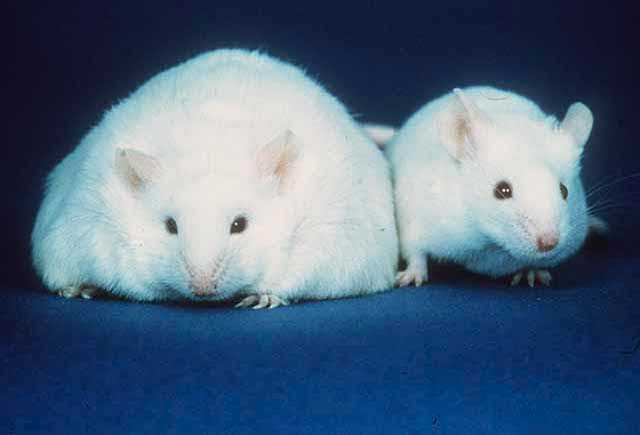Scientists have uncovered how being obese can increase our risk of developing diseases such as diabetes, new research from the US has revealed.
Obesity-related disease costs the NHS over £4.7 billion every year, with diabetes being one of the most common.
Previous research has identified a whole host of genes linked to the development of diabetes in overweight individuals. However the action of genes can also be altered in another way, which involves the addition of chemical markers called methyl groups to the DNA.
This is known as epigenetic modification and is used by the body to control levels of gene activity. But certain diseases and environments can alter the pattern of these methyl groups and therefore affect the activity of the genes concerned, without changing the DNA sequence itself.
Writing in Cell Metabolism, Johns Hopkins researcher Andrew Feinberg and his colleagues compared the pattern of these epigenetic markers on DNA from both obese and lean mice.
They looked first for changes on over 7 million sites on the mouse DNA which highlighted changes in a number of genes in the obese mice. These included DNA regions known to control metabolism and blood sugar levels.
Then, working with scientists at Sweden's Karolinska Institute they were able to show that the same gene regions are also altered in overweight humans.
"We found that the same genes were involved even though the mouse and human are 50 million years apart [in evolution]" Feinberg explains.
Some of the genes that had been modified had already been identified by scientists. However the study by Feinberg's group has revealed new genes that had not previously been linked to the disease.
These new genes may help researchers to uncover new targets for diabetes treatment. They could also be used to create new, more sensitive tools to pick up patients at risk of type II diabetes at an earlier stage.
"By looking at epigenetics we are able to see how [diet and our genes] interact because diet is affecting gene function and chemical tags on the genes that are contributing to diabetes risk."
Listen to Andrew Feinberg discussing his findings:
Interview with Andrew Feinberg
- Previous Cosmic ice could breed life
- Next Why whales live so long









Comments
Add a comment